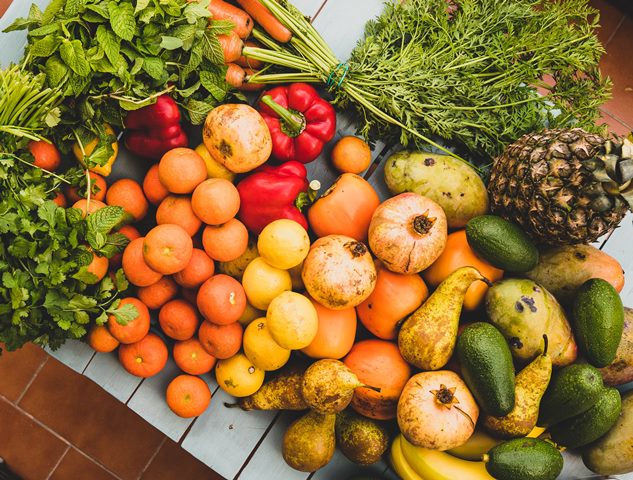Are you looking to boost your health and improve your digestion? Look no further than fibre-rich foods! Fibre is an essential nutrient that plays a crucial role in maintaining a healthy gut and preventing a variety of health issues.
Fibrous foods are packed with dietary fibres, which are not only good for your digestion but also beneficial for weight management and preventing chronic diseases. From fruits and vegetables to whole grains and legumes, there are countless options for incorporating fibre-rich foods into your diet.
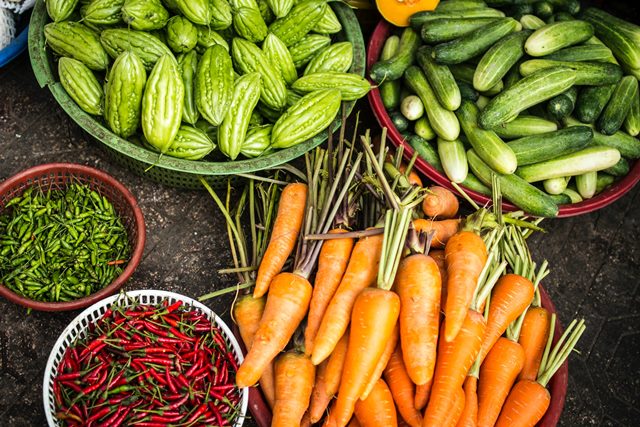
And the best part? These foods not only improve your health but also keep you feeling full and satisfied, making weight management a breeze. So why wait? Get ready to discover the many benefits of fibrous foods and learn how to incorporate them into your diet for optimal health and well-being.
Read: How to Manage Chronic Pain for a Fuller Life
What Is Fibre?
Fibre, also known as dietary fibre, is a type of carbohydrate found in plant-based foods. It is an essential nutrient that plays a crucial role in maintaining a healthy gut and preventing various health issues.
There are two kinds of fibre: soluble and insoluble fibre.
Soluble fibre dissolves in water and forms a gel-like substance in the gut, slowing digestion and keeping you feeling fuller for longer. Oats, beans, fruits, and vegetables are all high in soluble fibre.
Insoluble fibre, on the other hand, does not dissolve in water and helps to bulk up the stool, promoting regular bowel movements. Whole wheat, nuts, and vegetables like broccoli and cauliflower are high in insoluble fibre.
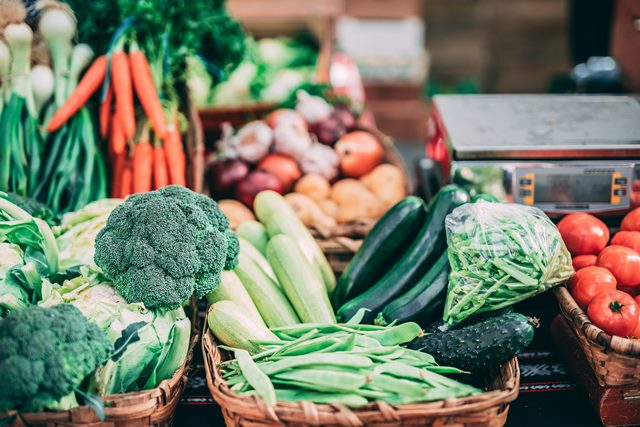
Eating a diet rich in fibre has been shown to have numerous health benefits. It can help to lower cholesterol levels, reduce the risk of heart disease and stroke, and improve blood sugar control in people with diabetes. It can also promote weight loss by helping to keep you feeling full for longer and can help prevent constipation and other digestive issues.
Additionally, fibre is also important for maintaining a healthy gut. It helps to promote the growth of beneficial bacteria in the gut, which can improve gut health and boost the immune system. A diet rich in fibre has also been linked to a reduced risk of certain types of cancer, such as colon cancer.
It is important to consume various fibrous foods to ensure that you get enough fibre in your diet. Fibre is abundant in whole grains, fruits, vegetables, legumes, and nuts. Hence, adults are advised to consume at least 25-30 grams of fibre per day.
However, it is also important to note that increasing your fibre intake too quickly can cause gas, bloating, and discomfort. Therefore, it is better to increase your fibre intake gradually to give your body time to adjust. Drinking plenty of water is also important to help keep things moving along smoothly.
Read: How Do Spices Boost Health and Flavor in Meals?
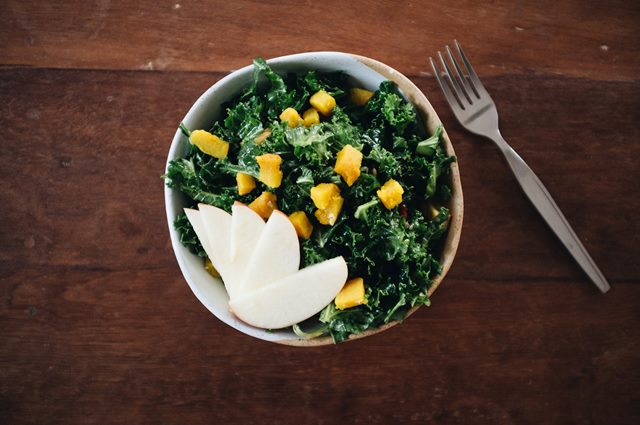
Read: The Top 10 Superfoods You Need to Include in Your Diet
What Are the Benefits of Eating Fibre-Rich Foods?
Here are some of the benefits of eating fibre-rich foods:
Promotes Regular Bowel Movements
Fibre adds bulk to the stool, which can make it easier to pass and reduce constipation. So, eating fibre-rich foods can also help to prevent diarrhoea.
Helps To Lower Cholesterol Levels
Soluble fibre, found in oats, beans, and fruits, can help to lower cholesterol levels by binding to and removing cholesterol from the bloodstream.
Put Your Tech Company on the Map!
Get featured on Nicholas Idoko’s Blog for just $50. Showcase your business, boost credibility, and reach a growing audience eager for tech solutions.
Publish NowAids In Weight Management
High-fibre foods tend to be more filling, which can help with weight management by reducing appetite and preventing overeating.

May Reduce the Risk of Certain Cancers
Multiple studies have shown that a diet high in fibre may be associated with a reduced risk of colon and rectal cancers.
Read: How Can We Improve Air Quality for Better Health?
May Lower The Risk of Type 2 Diabetes
Eating fibre-rich foods can help to regulate blood sugar levels and may lower the risk of developing type 2 diabetes or other types of diabetes.

Maintains Healthy Gut Bacteria
Fibre acts as a food source for the beneficial bacteria in the gut, helping to promote a healthy balance of gut bacteria.
Read: How Does Sugar Consumption Affect Your Health?
Promotes Heart Health
Eating fibre-rich foods can help to lower blood pressure and reduce the risk of heart disease/diseases.
Ultimately, to reap the benefits of fibre, it is necessary to consume a variety of fibre-rich foods, such as fruits, vegetables, whole grains, nuts, and seeds. Also, drinking plenty of water is important because fibre absorbs water, making the stool softer and easier to pass.
Which Foods Are High in Fibre?
Here are some examples of fibre-rich foods:
Fruits
Apples, berries, oranges, pears, and figs are all great sources of fibre. They also contain important vitamins and minerals.
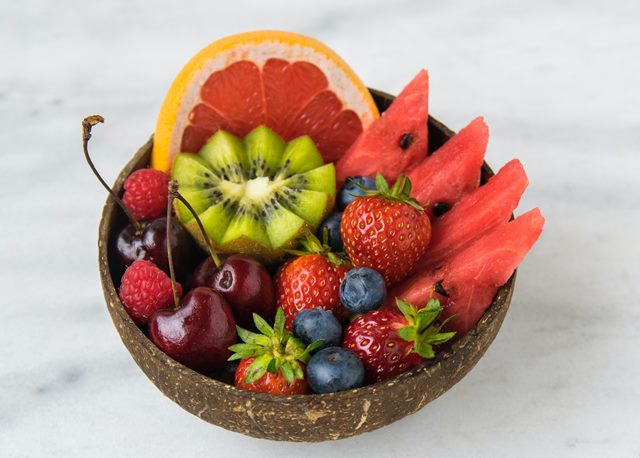
Put Your Tech Company on the Map!
Get featured on Nicholas Idoko’s Blog for just $50. Showcase your business, boost credibility, and reach a growing audience eager for tech solutions.
Publish NowVegetables
Vegetables such as broccoli, Brussels sprouts, and kale are all high in fibre. They also provide important vitamins and minerals.
Whole Grains
Whole grains such as whole wheat, oats, barley, and quinoa are all high in fibre.
Legumes
Beans, peas, and lentils are all fibre-rich foods. They also provide important protein and minerals.
Nuts and Seeds
Nuts such as almonds and walnuts, and seeds such as chia and flax are all high in fibre. They also provide important protein and healthy fats.
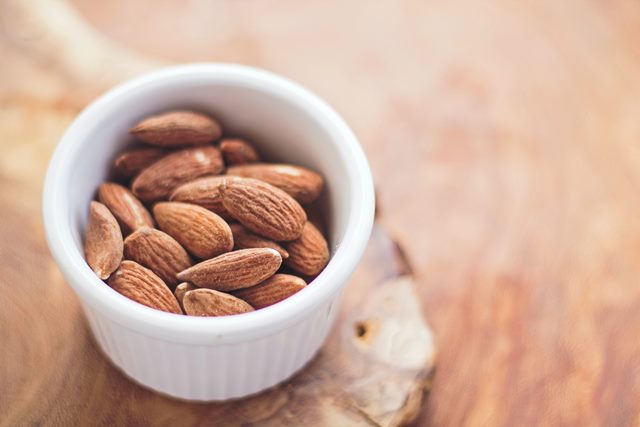
Popcorn
Eating popcorn can be a good source of fibre, especially when it is air-popped and not loaded with butter or oil.

Avocado
Avocados are a good source of fibre, as well as a good source of healthy fats.
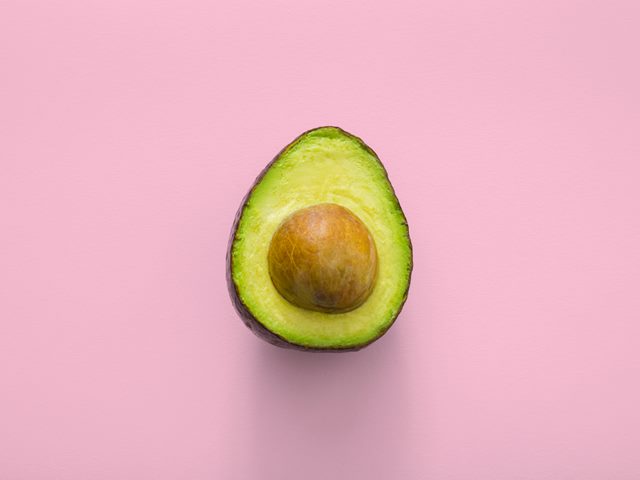
Dark Chocolate
Dark chocolate with at least 70% cocoa solids is a good source of fibre and antioxidants.

Overall, it is preferable to consume a variety of fibre-rich foods rather than relying on a single food source. Consuming various fruits, vegetables, whole grains, nuts, and seeds will help ensure that you get a good balance of fibre types.
Tips to Increase Fibre-Rich Foods Intake
If you’re confused about how to consume more fibre-rich foods, our tips will help you regulate consumption in the best way. We recommend that you consult a health professional or qualified dietician to help you plan a fibre-rich diet.
Put Your Tech Company on the Map!
Get featured on Nicholas Idoko’s Blog for just $50. Showcase your business, boost credibility, and reach a growing audience eager for tech solutions.
Publish NowStart Your Day With a High-Fibre Breakfast
Eating a breakfast that is high in fibre can help to set the tone for the rest of the day. Try to include foods such as whole grains, fruits, and nuts in your breakfast.
Add More Fruits and Vegetables to Your Diet
Fruits and vegetables are great sources of fibre. Try to include a variety of different coloured fruits and vegetables in your diet, as each colour provides different nutritional benefits.
Include Whole Grains in Your Diet
Whole grains such as whole wheat, oats, barley, and quinoa are all high in fibre. Try to choose whole-grain bread, pasta, and cereal whenever possible.
Incorporate More Legumes Into Your Diet
Legumes such as beans, peas, and lentils are all high in fibre. They can be added to soups, salads, or casseroles or used as a meat substitute.
Snack on Fibre-Rich Foods
Nuts, seeds, popcorn, and dried fruit are all good options for high-fibre snacks. Regularly snacking on foods high in fibre can greatly increase your fibre intake and improve your overall health.
Use a Fibre supplement
If you’re struggling to get enough fibre from food alone, consider taking a supplement such as psyllium husk or methylcellulose.
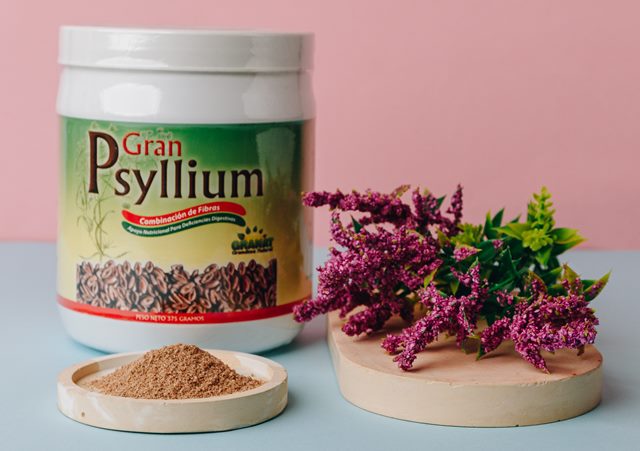
Drink Enough Water
Fibre absorbs water, which helps to make the stool softer and easier to pass. Drinking enough water is essential for maintaining overall health and well-being. In case you don’t know, our bodies are made up of 60% water and it plays a crucial role in many of our bodily functions.

There are countless benefits of taking enough water. One of them is that it aids in easy digestion and it also helps regulate body temperature.
Gradually Increase Your Fibre Intake
It is important to increase your fibre intake gradually to avoid stomach discomfort and gas.
However, while fibre is necessary, too much fibre can be harmful. It can lead to bloating, constipation, gas, and abdominal pains.
As a result, it is vital to adhere to dietary guidelines and not exceed the recommended daily intake. Also, before increasing your fibre intake, consult with your doctor, especially if you have any health conditions.
Put Your Tech Company on the Map!
Get featured on Nicholas Idoko’s Blog for just $50. Showcase your business, boost credibility, and reach a growing audience eager for tech solutions.
Publish NowIn conclusion, fibre is an essential nutrient that plays a vital role in maintaining overall health and well-being. It is important for maintaining a healthy digestive system by promoting regular bowel movements and helping to prevent constipation and diarrhoea.
Eating a diet that is high in fibre can also provide other health benefits, such as helping to lower cholesterol levels, aiding in weight management, and reducing the risk of certain cancers.
Fibre-rich foods also play an important role in maintaining a healthy balance of gut bacteria, which has various health benefits.
Before you go…
Hey, thank you for reading this blog to the end. I hope it was helpful. Let me tell you a little bit about Nicholas Idoko Technologies. We help businesses and companies build an online presence by developing web, mobile, desktop, and blockchain applications.
We also help aspiring software developers and programmers learn the skills they need to have a successful career. Take your first step to becoming a programming boss by joining our Learn To Code academy today!
[E-Books for Sale]
1,500 AI Applications for Next-Level Growth: Unleash the Potential for Wealth and Innovation
$5.38 • 1,500 AI Applications • 228 pages
Are you ready to tap into the power of Artificial Intelligence without the tech jargon and endless guesswork? This definitive e-book unlocks 1,500 real-world AI strategies that can help you.
See All 1,500 AI Applications of this E-Book
750 Lucrative Business Ideas: Your Ultimate Guide to Thriving in the U.S. Market
$49 • 750 Business Ideas • 109 pages
Unlock 750 profitable business ideas to transform your future. Discover the ultimate guide for aspiring entrepreneurs today!
See All 750 Business Ideas of this E-Book
500 Cutting-Edge Tech Startup Ideas for 2024 & 2025: Innovate, Create, Dominate
$19.99 • 500 Tech Startup Ideas • 62 pages
You will get inspired with 500 innovative tech startup ideas for 2024 and 2025, complete with concise descriptions to help you kickstart your entrepreneurial journey in AI, Blockchain, IoT, Fintech, and AR/VR.
We Design & Develop Websites, Android & iOS Apps
Looking to transform your digital presence? We specialize in creating stunning websites and powerful mobile apps for Android and iOS. Let us bring your vision to life with innovative, tailored solutions!
Get Started Today


